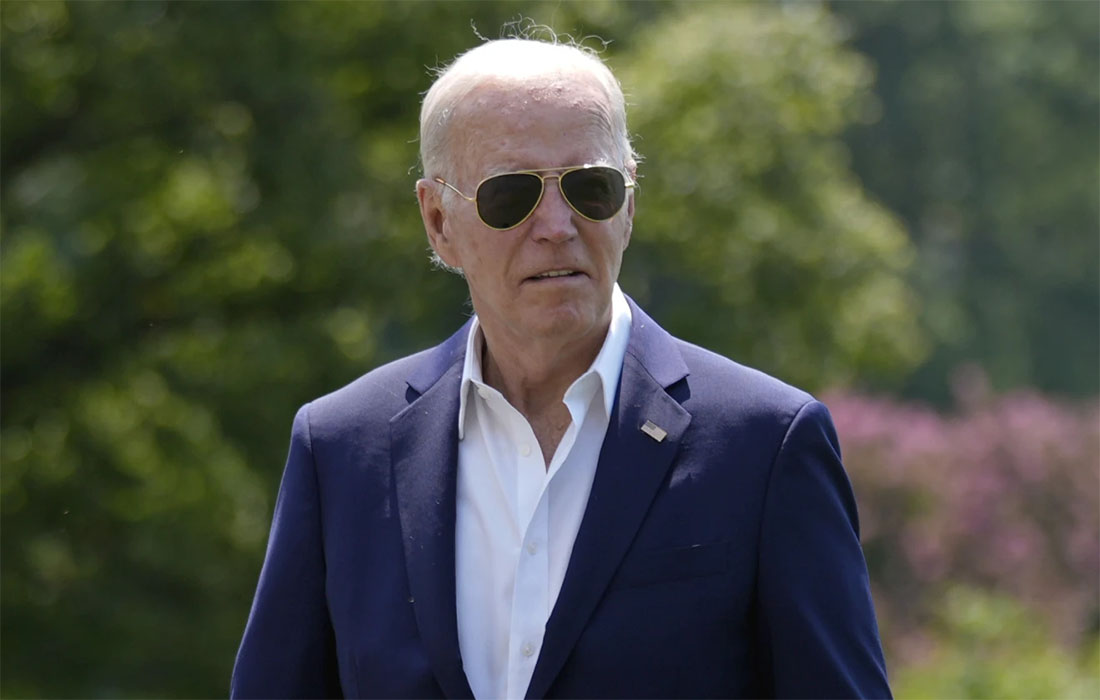
Photo Credit: Getty Images
US consumer inflation eased a bit more than anticipated last month, based on government data released Thursday. This trend offers additional signs that price pressures are subsiding as the November presidential election approaches.
The consumer price index (CPI) slowed to 2.4 percent in September from a year ago, down from 2.5 percent in August, the Labor Department said in a statement. This was slightly below the median forecast of economists surveyed by Dow Jones Newswires and The Wall Street Journal. There was also some cause for concern for the Federal Reserve as it looks to cut interest rates.
A measure of inflation that strips out volatile food and energy costs rose slightly to 3.3 percent, up from 3.2 percent in August, buoyed by a jump in the transportation services index last month.
Monthly headline inflation rose by 0.2 percent, while core inflation also exceeded forecasts to increase by 0.3 percent. Both monthly figures also exceeded expectations.
Despite the "slight upward surprise relative to what we're expecting," the inflation picture isn't all bad, Oxford Economics' deputy chief US economist Michael Pearce said.
The economy has remained a top concern for voters going into the upcoming presidential election, in which Democratic Vice President Kamala Harris is running against the Republican former president Donald Trump.
Both candidates have looked to talk up their record in government while criticizing their opponent's economic plans.
While inflation has eased toward the Federal Reserve's long-term target of two percent, the labor market has shown some signs of cooling in recent months, causing policymakers to refocus their attention on the employment side of the bank's dual mandate. Against this backdrop, the Fed voted last month to cut interest rates by half a percentage-point and penciled in an additional half point of cuts this year.
Lewis Musonye
















